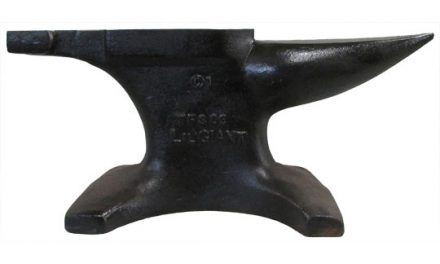An Open Letter Equiery readers & Maryland horse farm owners regarding proposed changes to Maryland’s Nutrient Management Plan Requirements
by Royden N. Powell, III, Assistant Secretary, Resource Conservation
[Editor’s note: To read the proposed changes to Maryland’s nutrient management laws, you can either click here for the official Maryland website, but you will need to hunt and scroll for it, or you can click here to read the proposal on the website for the Maryland Farm Bureau. For perspectives on the changes from individual farm owners, the Maryland Farm Bureau and the Maryland Horse Council, please click on the following links: Is MDA hasenting the demise of agriculture? Spreading the manure & stream fencing: will Maryland horse farm owners become outlaws? Farmers are angry.]
The draft regulations have evolved throughout the process. The final proposal now includes specific exceptions related to incorporating manure on hay and pastures acres, no till, or highly erodible conditions and allows winter grazing of horses and livestock.
Regarding fencing, one of the most significant changes
in the final draft provides flexibility for Soil Conservation District staff to evaluate each farm to allow for the use of alternative best management practices, such as stream crossings, alternate watering facilities, pasture management, or vegetative exclusion that are equally protective of water quality. We know that a “one size fits all” approach is not always best and that this provision may provide the more cost-effective solutions for the farmer.
Additionally, the timing of nutrient application is critical to effective utilization by crops and pastures. Applying manure in the winter, when pastures are not actively growing, increases the risk of nutrient losses to neighboring creeks and streams. As a “stackable” material, used bedding can be safely staged on-site for spreading in the spring.
These draft regulations strike a balance between maximizing water quality benefits and the practical needs of implementing requirements in the field and assuring economic impacts are manageable. To help farmers adapt to the new regulations, we are expanding the technical capacity of the Soil Conservation Districts to address the workload issue by placing 29 additional positions in the field this year.
The O’Malley Administration is committed to providing farmers with the critical financial and technical resources necessary to meet our shared environmental goals. The phased implementation schedule will provide farmers with adequate time to plan practices required by the new regulations and to apply for cost-share funding to install additional best management practices. MDA has never turned a farmer away from the Maryland Agricultural Water Quality Cost-Share (MACS) Program due to lack of funding. The Administration is increasing its investments to implement agricultural Best Management Practices, beginning this year, providing $5 million in additional incentives to assist farmers in meeting new requirements.
While the official public comment period ended on August 13, we want to make sure citizens understand the regulations and their intent. If there are any additional questions or concerns about the proposed regulatory changes, please contact Jo A. Mercer, Ed.D., Administrator of MDA’s Nutrient Management Program (jo.mercer@maryland.gov or 410-841-5950).
Thank you for the opportunity to make this clarification.










